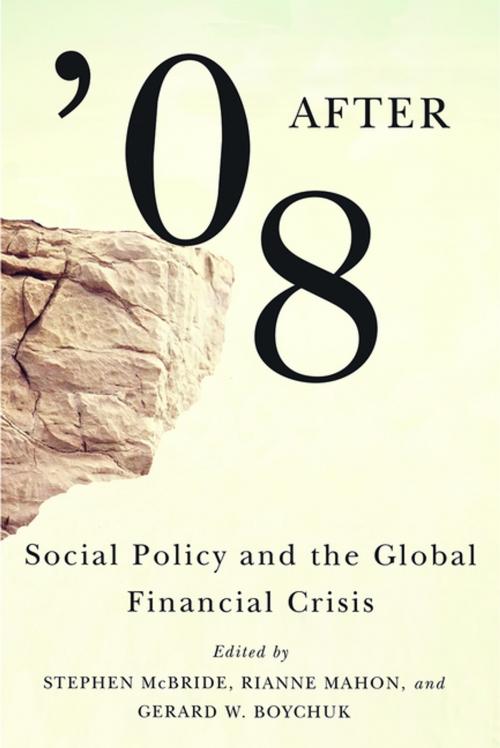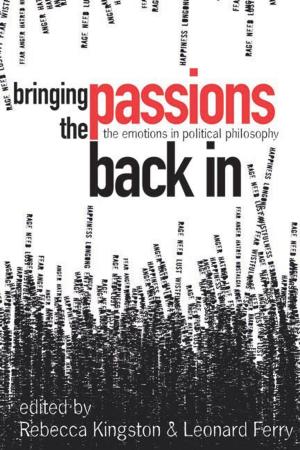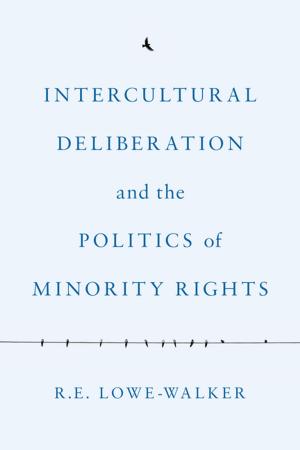After '08
Social Policy and the Global Financial Crisis
Business & Finance, Economics, Economic Conditions, Nonfiction, Social & Cultural Studies, Political Science, Politics, Government, Social Policy| Author: | ISBN: | 9780774829663 | |
| Publisher: | UBC Press | Publication: | August 4, 2016 |
| Imprint: | UBC Press | Language: | English |
| Author: | |
| ISBN: | 9780774829663 |
| Publisher: | UBC Press |
| Publication: | August 4, 2016 |
| Imprint: | UBC Press |
| Language: | English |
The 2007-08 financial crisis marked a turning point for social policy. World leaders were forced to take a position: Should they entrench neo-liberal policies in response to the crisis? Or should they implement alternative measures to challenge economics as usual? After ’08 examines how global institutions, such as the World Bank, International Monetary Fund, and International Labour Organization, as well as nation states around the world responded to the crisis. Comparing the experience of Europe, Asia, Africa, Latin America, and North America, contributors gauge the extent to which the neo-liberal landscape has shifted since the onset of the financial crisis and explore the directions social policy has taken. Did the response to the crisis follow a similar trajectory across countries and regions? Or did the diversity in national experiences produce a diversity of policy responses? And, if so, where did alternatives to neo-liberalism emerge?
The 2007-08 financial crisis marked a turning point for social policy. World leaders were forced to take a position: Should they entrench neo-liberal policies in response to the crisis? Or should they implement alternative measures to challenge economics as usual? After ’08 examines how global institutions, such as the World Bank, International Monetary Fund, and International Labour Organization, as well as nation states around the world responded to the crisis. Comparing the experience of Europe, Asia, Africa, Latin America, and North America, contributors gauge the extent to which the neo-liberal landscape has shifted since the onset of the financial crisis and explore the directions social policy has taken. Did the response to the crisis follow a similar trajectory across countries and regions? Or did the diversity in national experiences produce a diversity of policy responses? And, if so, where did alternatives to neo-liberalism emerge?















